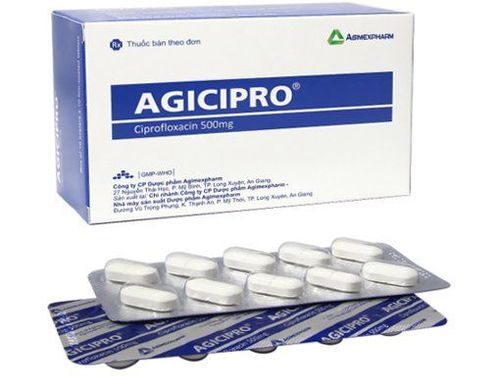This is an automatically translated article.
The article was written by Doctor Mai Vien Phuong - Department of Examination & Internal Medicine, Vinmec Central Park International General HospitalSenna tea is a popular herbal remedy often marketed as a laxative, weight loss aid, and detox. However, there is little scientific evidence to back up senna tea's effectiveness for most of these uses — other than treating constipation.
1. What is Senna?
Senna is an herbal medicine made from the leaves, flowers and fruits of a large group of flowering plants in the legume family. Extracts and teas made from the senna plant have long been used as laxatives and stimulants in traditional herbal medicine.
Senna tea originated in Egypt and is now grown all over the world, including countries like India and Somalia. Most commercial products are derived from Cassia acutifolia or Cassia angustifolia, commonly known as Alexandrian and Indian Senna.
Today, Senna is often sold as an over-the-counter constipation remedy or tea, but it is also sometimes used in diet pills and beverages.
2. How is senna tea used?

The main active compounds in senna leaves are called Senna glycosides, or sennosides. Sennosides cannot be absorbed in your digestive tract, but they can be broken down by your gut bacteria.
This breakdown of sennosides causes mild irritation to the cells in your colon, stimulating bowel movements and producing a laxative effect.
Senna is an active ingredient in many popular over-the-counter laxatives, such as Ex-Lax and Nature's Remedy. For most people, it will stimulate bowel movements within 6–12 hours.
3. Other potential uses
Some people may also use Senna tea to ease the discomfort associated with hemorrhoids. However, Senna's effectiveness in reducing hemorrhoid symptoms has not been thoroughly studied.4. Do not use senna tea to lose weight

In fact, using Senna tea in this way can be very dangerous. Senna is not recommended for regular or long-term use, as it can alter the normal function of intestinal tissue and cause dependence on laxatives. Furthermore, a recent study of 10,000 women found that those who used laxatives to lose weight were six times more likely to develop an eating disorder.
5. Safety, precautions and side effects
Senna tea is generally considered safe for most adults and children over 12 years of age. However, it comes with some risks and side effects. The most common side effects were stomach cramps, nausea, and diarrhea. However, these symptoms are usually mild and tend to resolve relatively quickly.
Some people also experience allergic reactions to Senna. If you have ever had a reaction to a product containing Senna, you should avoid Senna tea. Senna is used as a short-term remedy for constipation. You should not use it for more than 7 days in a row unless otherwise directed by your healthcare provider. Long-term consumption of Senna tea can lead to laxative dependence, electrolyte disturbances and liver damage.
Furthermore, Senna can negatively interact with certain medications, such as:
Blood thinners Diuretics Steroids Licorice Root Medicines for Heart Arrhythmias If you have heart disease, inflammatory bowel disease (IBD) or liver disease, you should consult your healthcare provider before taking any senna product, as it may worsen these conditions.
Senna is generally not recommended for women who are pregnant or breastfeeding.
6. Recommended Dosage
The usual dose of a senna-based supplement is 15–30 mg daily for no more than 1 week. However, there are no clear dosage recommendations for senna tea.It is significantly more difficult to determine an exact dosage as the concentration of sennoside varies considerably depending on how long your tea steeps. Furthermore, many commercial senna teas, especially those containing a blend of herbs, do not state the exact amount of senna leaves used.
In this case, the safest approach is to follow the instructions on the package for preparation and consumption. Never use more than directed on the label. Although there are no clear instructions for senna tea dosage, you should not take more than directed on the package.
7. How to make senna tea at home
Senna tea is often described as having a mild, sweet, and slightly bitter flavor. Unlike many other herbal teas, it does not have a distinctive aroma. However, many commercial teas combine senna with other herbs that can alter the final aroma and flavor.If you are preparing senna tea from scratch, steep 1–2 grams of dried senna leaves in hot water for 10 minutes. Avoid drinking more than 2 servings per day. You can also add a little sweetener like honey or stevia.
Please dial HOTLINE for more information or register for an appointment HERE. Download MyVinmec app to make appointments faster and to manage your bookings easily.














